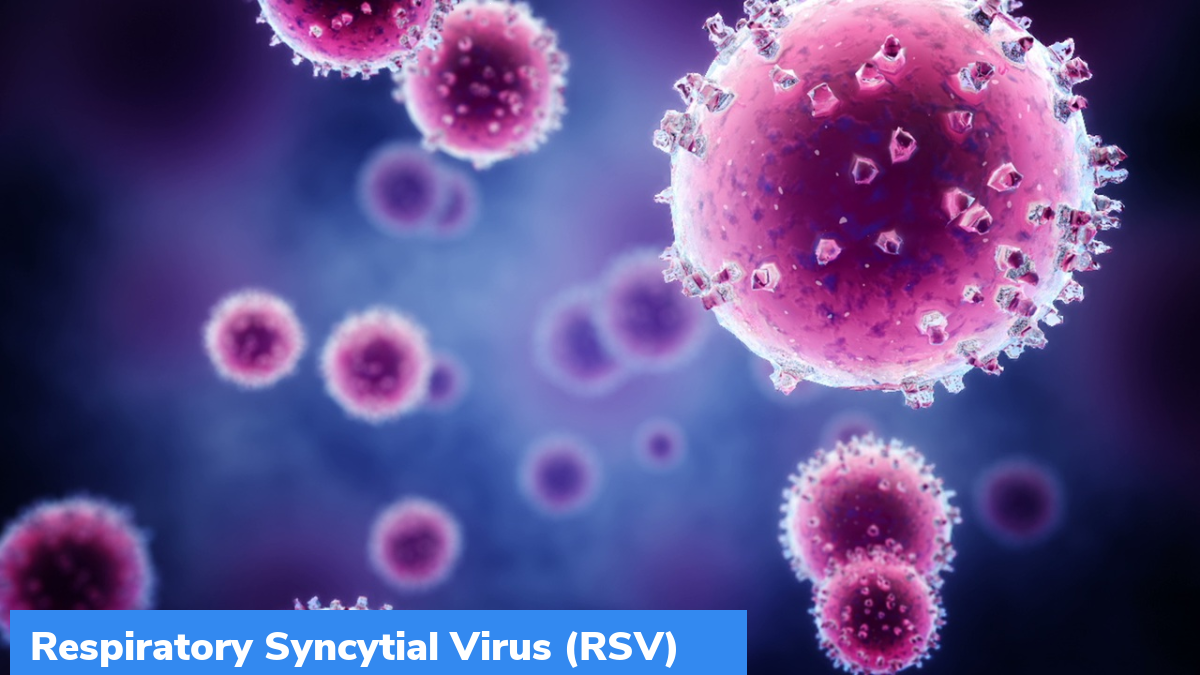Respiratory Syncytial Virus (RSV)
Lungs and respiratory infections are caused due to the Respiratory syncytial virus (RSV). This virus is so common that most children by the age of 2 have been infected with this virus. Also, adults can get infected by this virus. In healthy children, and adults the symptoms of the RSV are mild and mostly mimic the symptoms of the common cold. In some people, including babies who are 12 months old or younger, older people, people with lung and heart disease, or anyone having a weak immune system, this virus can cause severe infections.
What are the symptoms of the RSV?
Symptoms appear after four to six days of getting infected. The symptoms in older children and adults include:
- Dry cough
- Congested or runny nose
- Sore throat
- Low fever
- Headache
- Sneezing
In severe cases of RSV infection, this virus can spread to the infected person’s lower respiratory tract which can cause bronchiolitis or pneumonia. The symptoms include:
- Severe cough
- Fever
- Rapid or difficulty in breathing
- Wheezing
- The sky can turn blue due to a lack of oxygen
RSV most severely affects infants and the symptoms include:
- Struggling to breathe
- Shallow, short, and rapid breathing
- Poor feeding
- Cough
- Irritability
- Unusual tiredness
Most of the infected adults and children recover in a week or two, although some might still suffer from repeated wheezing. In anyone suffering from chronic lungs or heart problems and premature infants, life-threatening or severe infections may require admission to the hospital.
How can a person get infected with RSV?
This virus can enter a person’s body via the nose, eyes, or mouth. This virus can spread easily through the air. If someone infected with RSV sneezes or coughs near another person, they can get infected with this virus. The virus can also be contracted through direct contact like handshakes. On hard objects like countertops, toys, etc, the virus can live for hours. Touching one’s eyes, nose, or mouth after touching a contaminated object can cause the person to get infected.
How can the RSV be prevented?
Till now there is no vaccine to treat the respiratory syncytial virus. But certain lifestyles like washing hands, covering one’s mouth when sneezing or coughing, limiting the baby’s contact with people suffering from cold and fever, keeping the kitchen, bathroom as well as other objects clean, discarding used tissues instantly, etc can help prevent the spread of this virus.
Month: Current Affairs - May, 2022
Category: Environment Current Affairs


